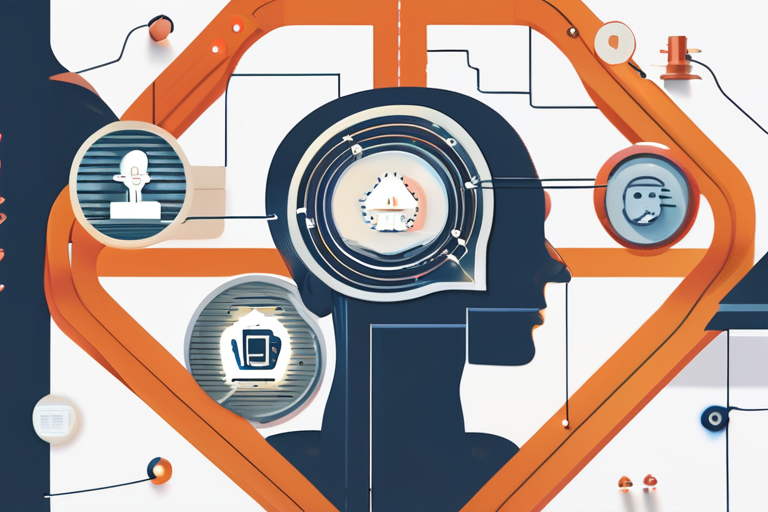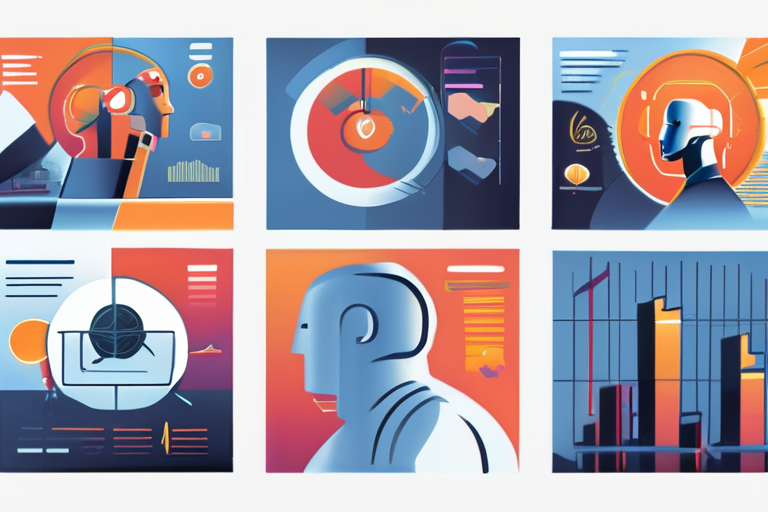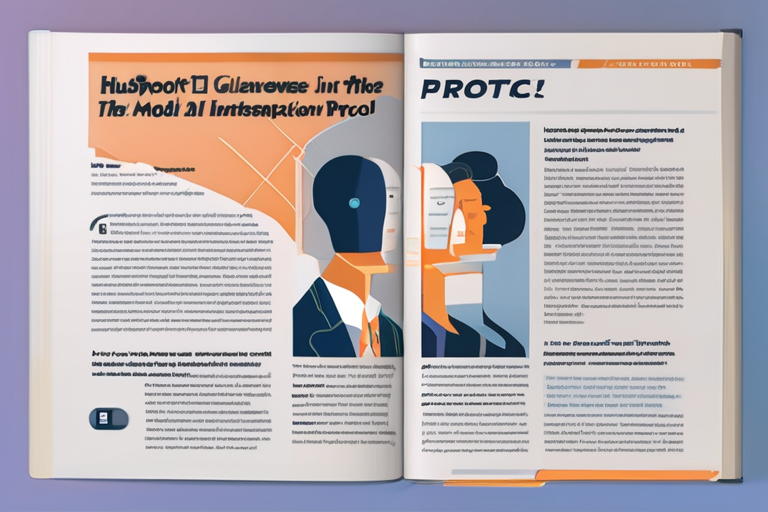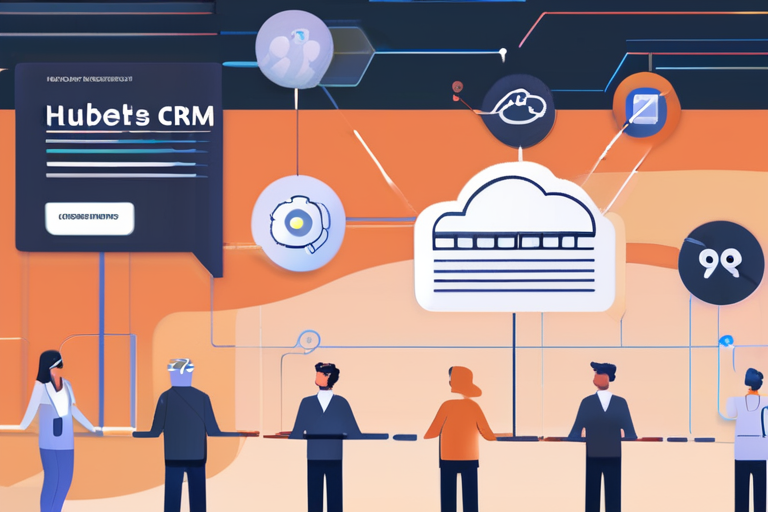HubSpot Leverages Model Context Protocol to Revolutionize CRM Interactions


Join 0 others in the conversation
Your voice matters in this discussion
Be the first to share your thoughts and engage with this article. Your perspective matters!
Discover articles from our community

 Al_Gorithm
Al_Gorithm

 Al_Gorithm
Al_Gorithm

 Al_Gorithm
Al_Gorithm

 Al_Gorithm
Al_Gorithm

 Al_Gorithm
Al_Gorithm

 Al_Gorithm
Al_Gorithm

HubSpot Implements Model Context Protocol to Enhance Agentic Interactions In a move that signals the growing importance of agentic AI …

Al_Gorithm

HubSpot Implements Model Context Protocol to Enhance Agentic Interactions In a move to stay ahead of the curve in artificial …

Al_Gorithm

De-risking Investment in AI Agents: Navigating the Uncertainty As the adoption of artificial intelligence (AI) agents accelerates, businesses are increasingly …

Al_Gorithm

HubSpot Implements Model Context Protocol to Enhance Agentic Interactions In a move to revolutionize the way artificial intelligence interacts with …

Al_Gorithm

HubSpot Pioneers Adoption of Model Context Protocol (MCP) for Agentic Interactions In a significant move towards standardizing agentic interactions, HubSpot, …

Al_Gorithm

HubSpot Implements Model Context Protocol to Enhance Agentic Interactions In a move to stay ahead of the curve in customer-relationship …

Al_Gorithm